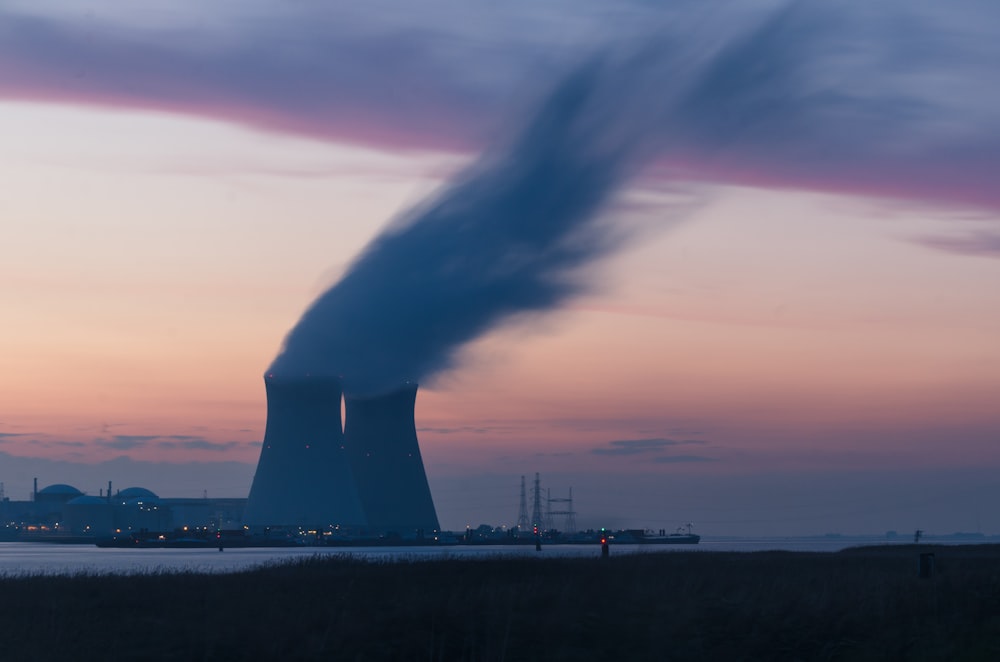
IEA Renewable Energy Powering Tomorrow’s World
Powering Tomorrow’s World with IEA Renewable Energy
Introduction to IEA Renewable Energy
The International Energy Agency (IEA) plays a pivotal role in shaping the global energy landscape, with a particular focus on renewable energy. Through research, analysis, and policy recommendations, the IEA provides valuable insights into the opportunities and challenges of transitioning to a sustainable energy future. As the world grapples with the urgent need to address climate change and reduce carbon emissions, the IEA’s work in renewable energy is more important than ever.
Setting the Agenda for Renewable Energy
At the forefront of the IEA’s agenda is the promotion of renewable energy as a key pillar of the global energy transition. Through publications such as the World Energy Outlook and the Renewable Energy Market Report, the IEA provides comprehensive analysis and forecasts on the growth of renewable energy technologies. By highlighting the economic, environmental, and social benefits of renewable energy, the IEA seeks to inform policymakers, industry stakeholders, and the public about the importance of embracing clean, sustainable energy solutions.
Tracking Renewable Energy Trends and Developments
The IEA closely monitors renewable energy trends and developments, providing valuable data and insights to guide decision-making at the national and international levels. From solar and wind to hydropower and bioenergy, the IEA tracks the deployment, investment, and performance of renewable energy technologies around the world. By analyzing market trends, policy frameworks, and technological advancements, the IEA helps identify opportunities for accelerating the adoption of renewable energy and overcoming barriers to its growth.
Advancing Renewable Energy Technologies
In addition to monitoring renewable energy trends, the IEA actively promotes the advancement of renewable energy technologies through research and innovation. By supporting research and development initiatives, the IEA seeks to enhance the performance, reliability, and cost-effectiveness of renewable energy technologies. From next-generation solar panels and wind turbines to advanced energy storage systems and grid integration solutions, the IEA fosters collaboration and knowledge exchange to drive technological innovation in the renewable energy sector.
Informing Policy and Regulatory Frameworks
A key role of the IEA is to inform policymakers and stakeholders about the implications of different policy and regulatory frameworks for renewable energy deployment. Through policy analysis and recommendations, the IEA helps identify best practices and policy measures to support the growth of renewable energy markets. By promoting market-based mechanisms, incentives, and regulatory reforms, the IEA aims to create an enabling environment for renewable energy investment and deployment, driving the transition to a more sustainable energy future.
Addressing Energy Access and Equity
The IEA recognizes the importance of addressing energy access and equity issues, particularly in developing countries and underserved communities. Through initiatives such as the Sustainable Energy for All (SE4All) initiative and the Clean Energy Transitions Program, the IEA works to expand access to modern, reliable, and affordable energy services. By promoting decentralized renewable energy solutions and capacity-building efforts, the IEA supports efforts to improve energy access, reduce energy poverty, and promote inclusive development worldwide.
Fostering International Collaboration
Collaboration and cooperation are essential for advancing the global energy transition, and the IEA plays a crucial role in fostering international collaboration on renewable energy. Through platforms such as the Clean Energy Ministerial (CEM) and the International Renewable Energy Agency (IRENA), the IEA facilitates dialogue, knowledge exchange, and joint initiatives among governments, industry stakeholders, and international organizations. By fostering collaboration, the IEA helps leverage resources, expertise, and innovation to accelerate progress towards a more sustainable energy future.
Empowering Decision-Makers and Stakeholders
Ultimately, the IEA’s work in renewable energy aims to empower decision-makers and stakeholders with the information, tools, and resources they need to drive the energy transition forward. By providing reliable data, analysis, and policy guidance, the IEA helps inform strategic decision-making and investment planning in the renewable energy sector. Through capacity-building initiatives and technical assistance, the IEA supports governments, businesses, and civil society organizations in their efforts to transition to a more sustainable, resilient, and equitable energy system.
Looking Ahead: The Future of IEA Renewable Energy
As the world continues to confront the challenges of climate change, energy security, and sustainable development, the role of the IEA in advancing renewable energy will remain paramount. By staying at the forefront of renewable energy research, analysis, and policy development, the IEA will continue to inform and inspire action towards a cleaner, greener, and more prosperous future for all.



